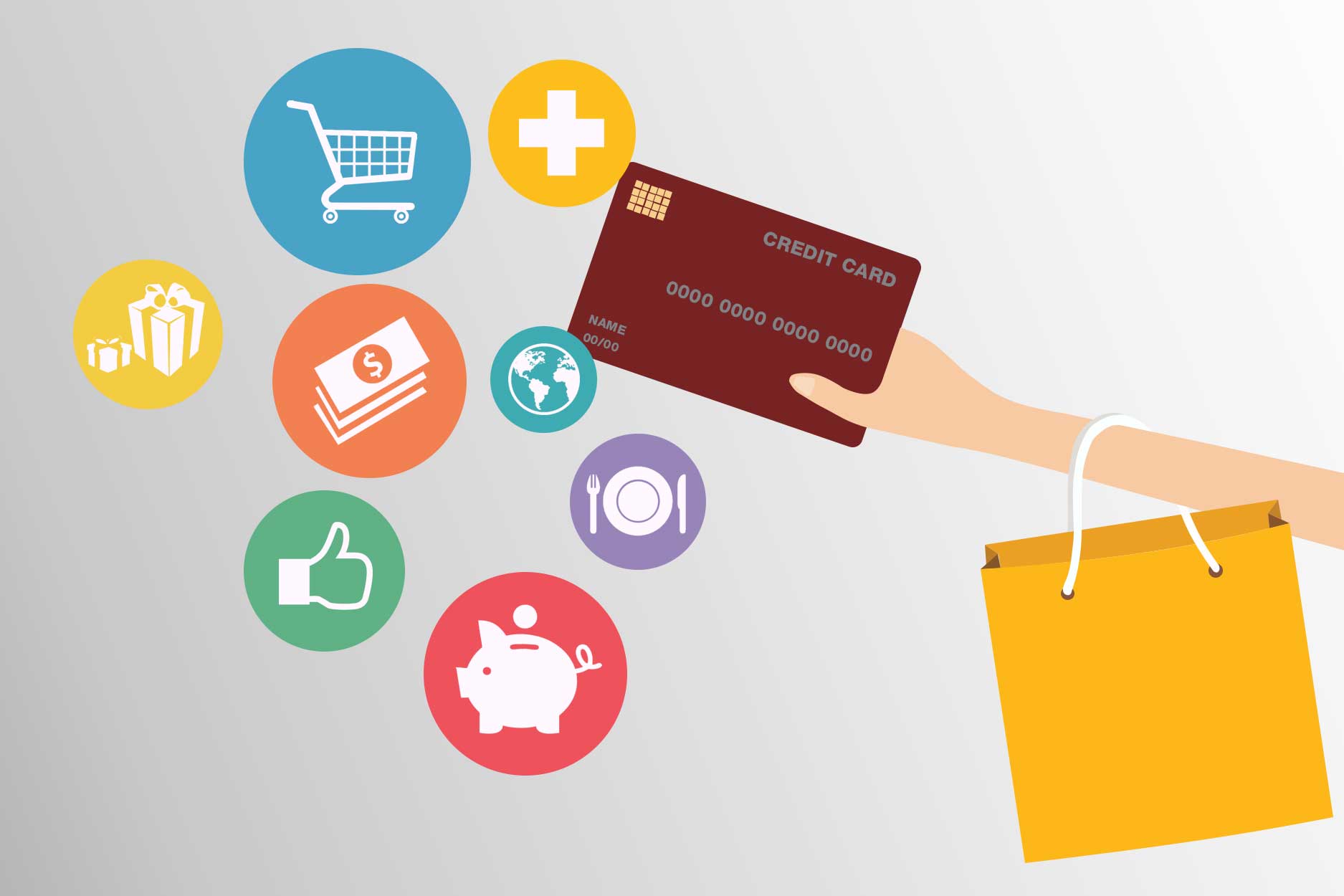For Filipinos experiencing financial difficulties, funds from a credit line can provide immediate relief for urgent expenses. Nowadays, it’s even easier to borrow money thanks to online lenders that can process applications quickly, offer minimal requirements, and disburse funds in a matter of hours. If you’re ever in a situation where you need quick cash, there may be a viable option available to you in the form of a credit line like Maya Easy Credit.
In line with this, it’s essential to learn how to safely manage your credit, as doing so will allow you to maintain a good credit score, avoid overwhelming debt, and keep your finances stable. Responsible credit use can also help you qualify for better loan terms in the future. The right financial products, such as a credit line or a credit card program that guarantees easy credit card application, will also help you save money while enjoying the benefits of credit.
To help you safely manage your credit and avoid falling into a debt trap, here are some pointers to keep in mind:

1) Always Pay on Time
One of the best habits you can develop when managing your credit is paying your bills on time. Late payments don’t just come with penalties; they can also hurt your credit score and make it harder for you to get approved for loans in the future. Paying on time not only saves you from extra charges but also helps you build a good credit history.
If you don’t already do so, set reminders a few days before your due date so that you’re well aware that you have an upcoming payment and can plan accordingly. For example, if you know that the monthly repayment for a loan you took out is due on the 25th, set the reminder a week earlier. This gives you ample time to ensure you’ve got enough money to pay it off.
2) Pay More Than the Minimum Amount
You might think it’s enough to just pay the minimum on your credit card or loan to keep up with repayment. In reality, however, you’re letting interest pile up by doing so. The longer you take to pay off your balance, the more you’ll end up spending on interest.
Instead, try to pay as much as you can afford. Moreover, if you happen to have extra money because of a work bonus or tax refunds, then consider putting it toward repayment so that you can settle your debt earlier. Even a little extra can make a big difference in reducing what you owe over time.
3) Track Your Spending and Credit Usage
It’s easy to swipe your credit card or take out a loan without realizing how much you’re actually spending. That’s why keeping track of your credit use is vital in managing your debt. Make sure to check your credit card statements regularly or use a budgeting app to monitor your expenses. This also enables you to make more informed spending decisions when it comes to your credit.
As an example, let’s say that as you check your credit transactions for this month, you notice that a big chunk came from food deliveries. To prevent your credit from piling up, perhaps you should consider cooking at home more often instead. Keeping an eye on your spending habits will help you stay in control and avoid unnecessary debt.
4) Avoid Taking on Too Many Loans at Once
While it may be tempting to take out multiple loans or credit cards to have more access to cash, doing so can put you at huge financial risk. For one, juggling too many debts can make it harder to manage your finances and keep up with payments. If you already have an ongoing personal loan and an outstanding credit card balance, applying for another loan might put too much strain on your budget. It’s best to focus on paying off what you already owe before considering another loan.
5) Borrow Only What You Can Afford to Pay Back
Before using your credit card or taking out a loan, ask yourself if you can realistically pay what you owe on time. A good rule to follow is to borrow only what fits within your budget without affecting your ability to pay for essentials like rent, bills, and food.
If you want to buy a new phone on installment, for example, then make sure the monthly payment won’t interfere with your other financial obligations. Check your budget plan first to ensure you can comfortably accommodate another form of credit to pay for. Borrowing responsibly means making sure you won’t struggle with repayments later.
6) Use Credit for Necessities, Not Impulse Purchases
Credit is best used for important and planned expenses, not for random shopping sprees or impulse buys. If you find yourself frequently swiping your card or taking out loans for things you don’t really need—like the latest gadgets or expensive clothes—then it might be time to reassess your spending habits. Reserve your credit for essentials such as medical bills, family emergencies, or emergency home repairs.
Though it may seem hard at first, you’ll become a master of managing your credit as long as you are conscious of your need to do so. It all boils down to being mindful of your credit use, making payments on time, and avoiding unnecessary debt. The pointers discussed above should help you become more responsible with your credit and thus build a better financial future for yourself.
If you want to read more about the types of financial tools you can use, you can check our article on business credit cards vs debit cards to better understand which option might work best for your situation.